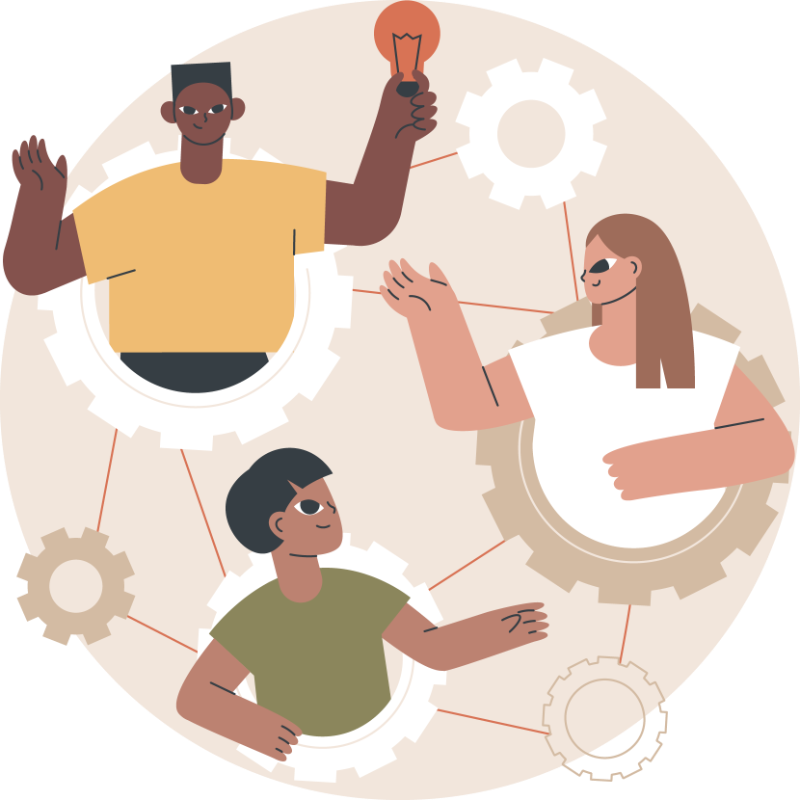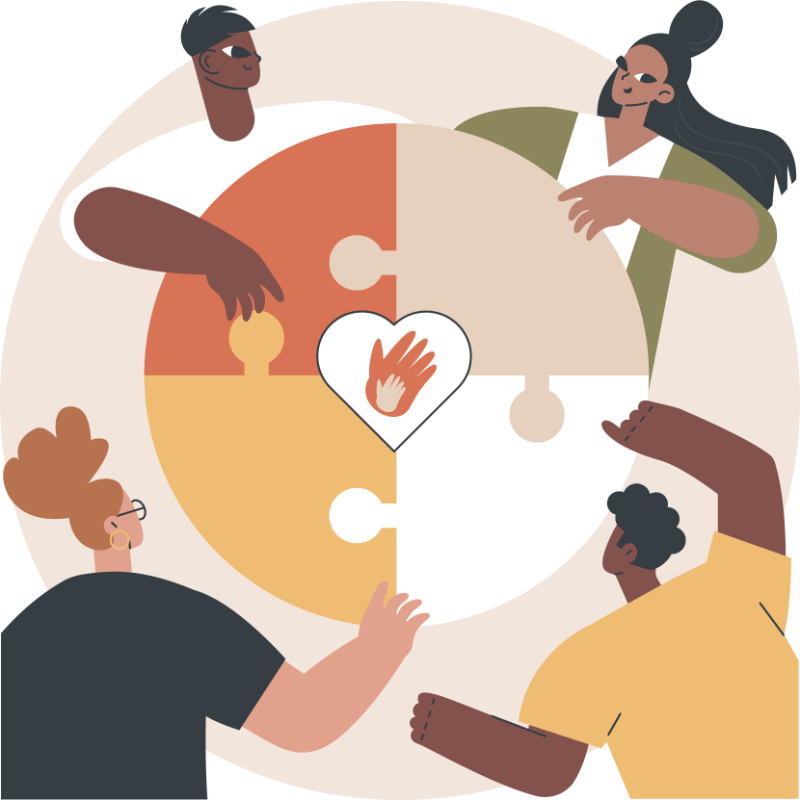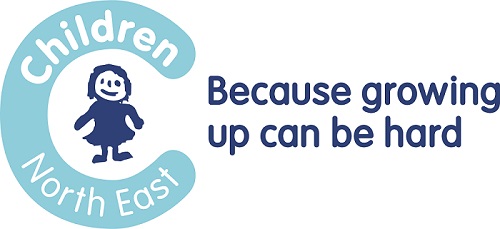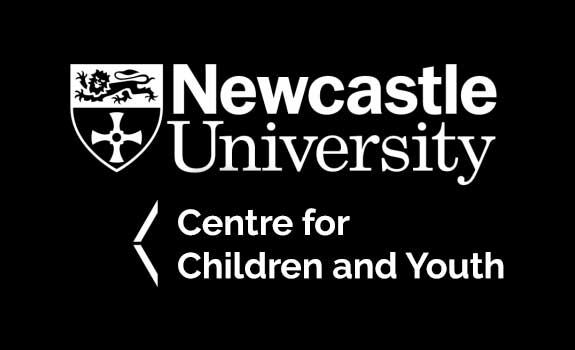Download the Toolkit
Audit Activities and Supporting Materials
The audit activities in this Toolkit provide a way of identifying more-or-less relational approaches to engagement in practice and of thinking differently about how we approach community engagement activities for more inclusive strategic and economic policymaking.
The audit activities help us to try and understand the catalysts for more-or-less-relational approaches to engagement. The data gathered can then be used to analyse current approaches, for example mapping out relational approaches geographically and comparing with existing data such as socio-economic indicators.






